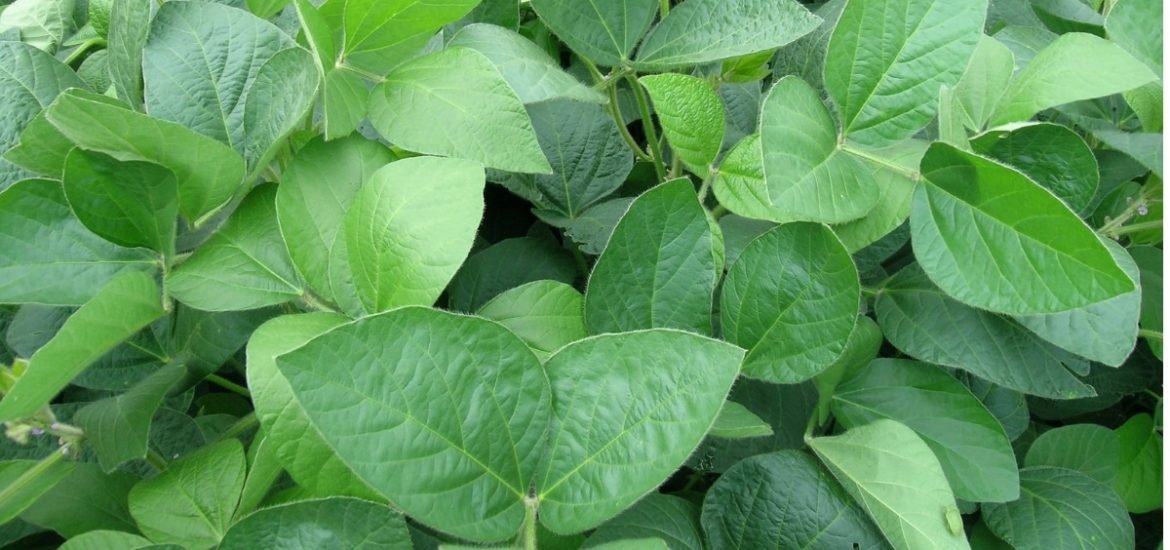
Rising levels of atmospheric carbon dioxide (CO2) are known to boost crop yields by increasing rates of photosynthesis and reducing water loss through transpiration. However, a new study has demonstrated that predicting the effects of increasing CO2 levels on plant growth is much more complicated than that. Findings published on 17 January in the Plant Journal suggest that rising temperatures may, in fact, benefit nutrition but at the expense of lower yields (1).
According to the latest Intergovernmental Panel on Climate Change (IPCC) report released on 8 October 2018, global food demand is expected to increase by 14 per cent per decade to 2050 whereas global crop yields are expected to decrease by 1–2 per cent per decade. Climate change can affect our food systems in multiple ways, for example, warming temperatures, drought, and extreme weather events are already causing global declines in staple crops such as wheat and maize.
Plants contain minerals, such as iron, magnesium, and zinc, essential for both plant health and human health. As per previous studies, elevated CO2 levels increase seed yields but reduce the concentrations of some minerals thereby depleting their protein and mineral contents. This could have enormous implications for human plant-based food sources. However, other environmental changes such as elevated temperature can also influence plant growth and should, therefore, be considered.
In their study, the team of researchers led by Dr Ivan Baxter from the Donald Danforth Plant Science Center in the US examined the combined effects of eCO2 and elevated temperature on soybean seeds ― more specifically, seed yield and seed protein, as well as oil and mineral concentrations. The experiments were carried out across two growing seasons (2014 and 2015) at the Soybean Free-Air Concentration Experiment (SoyFACE) in Illinois under possible real-world field conditions of the future. The agricultural research facility is equipped with technology to artificially increase CO2 and temperature.
In general, they found that “elevated temperature counteracted the increase in yield and the reduction of mineral concentrations” caused by increased CO2 levels in the atmosphere. In particular, iron and zinc content in seeds decreased by about 8 to 9 per cent in higher CO2 conditions but higher temperatures had the opposite effect on the soybean plants.
A critical mechanism behind these responses may be related to rates of water movement through plants, write the authors. Elevated CO2 and increased temperature both affect something called “evapotranspiration” ― the loss of water from soil evaporation from the soil surface itself and transpiration from the leaves of the plants ― but have opposite effects. Higher CO2 levels in the atmosphere lead to lower evapotranspiration rates, whereas higher temperatures increase evapotranspiration.
They also suggest warmer soil could increase the rate of nutrient uptake from soil. However, minerals must already be available in the soil where they are taken up by the roots so they can be distributed to the plant, and finally spread to developing seeds, the authors explain. Therefore, any part of this process can affect seed mineral concentrations, and as a result, plant nutrition.
The authors caution that our current knowledge is not sufficient since climate change will have varying effects on the nutrient and calorie content of crops. They still cannot say for certain whether tweaking certain conditions could prevent the loss of nutrients in plants while maintaining higher yields. Plant growth is driven by complex interactions involving both the plant, soil, and atmosphere. Moreover, different crops respond differently to various conditions. This makes it extremely difficult to predict how climate change will affect our plant-based food sources.
(1) Köhler, I.H. et al. Increased temperatures may safeguard the nutritional quality of crops under future elevated CO2 concentrations. The Plant Journal (2019). DOI: 10.1111/tpj.14166